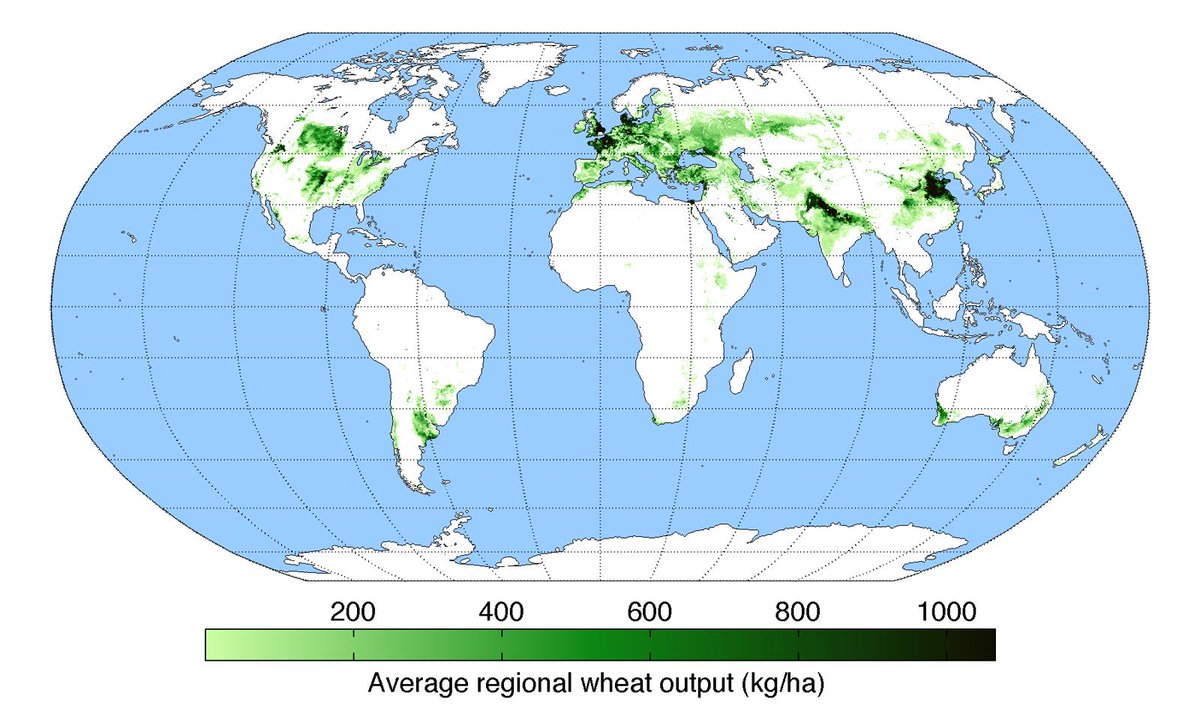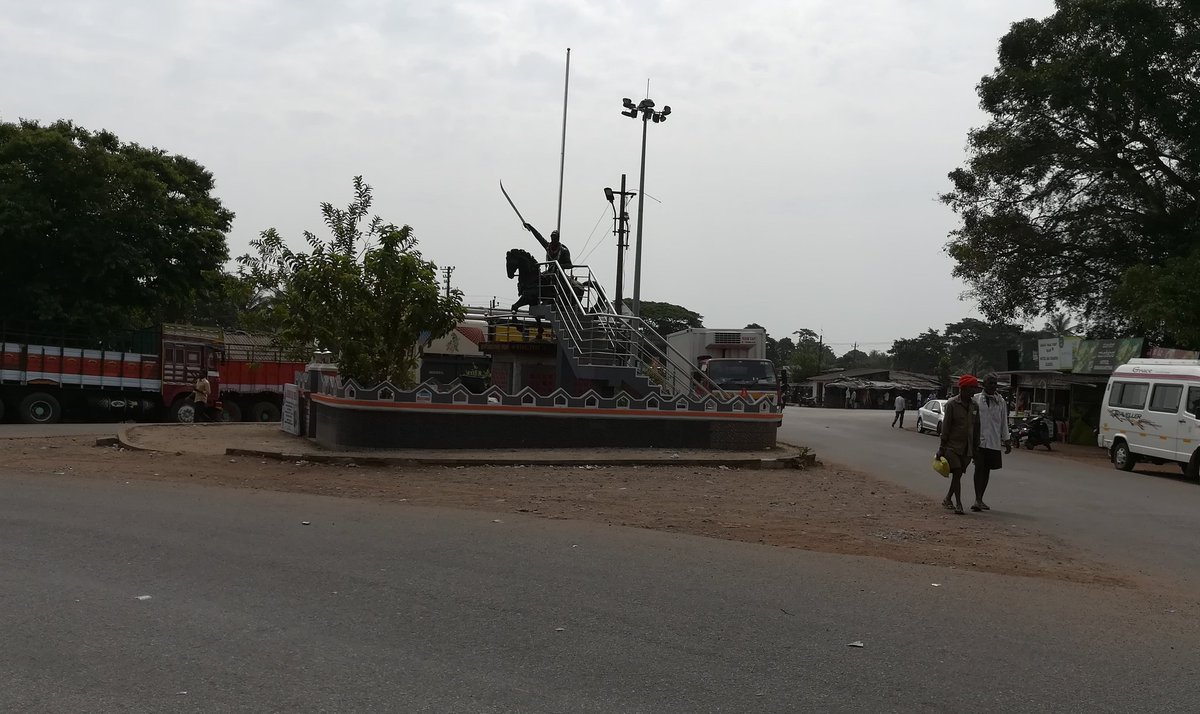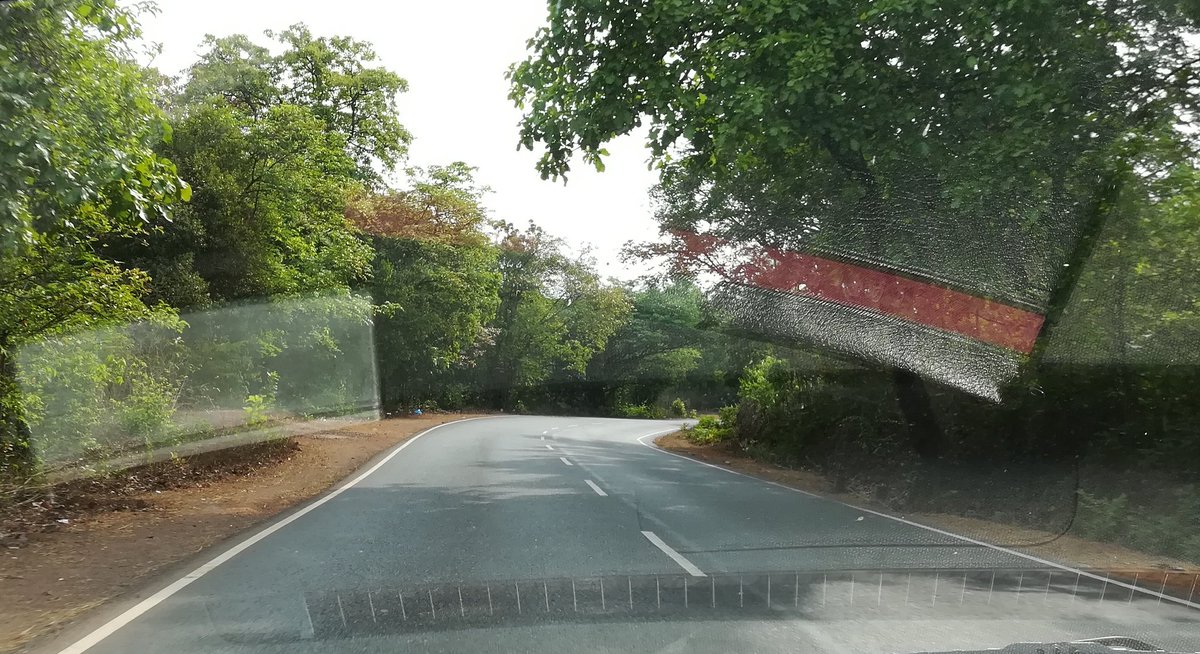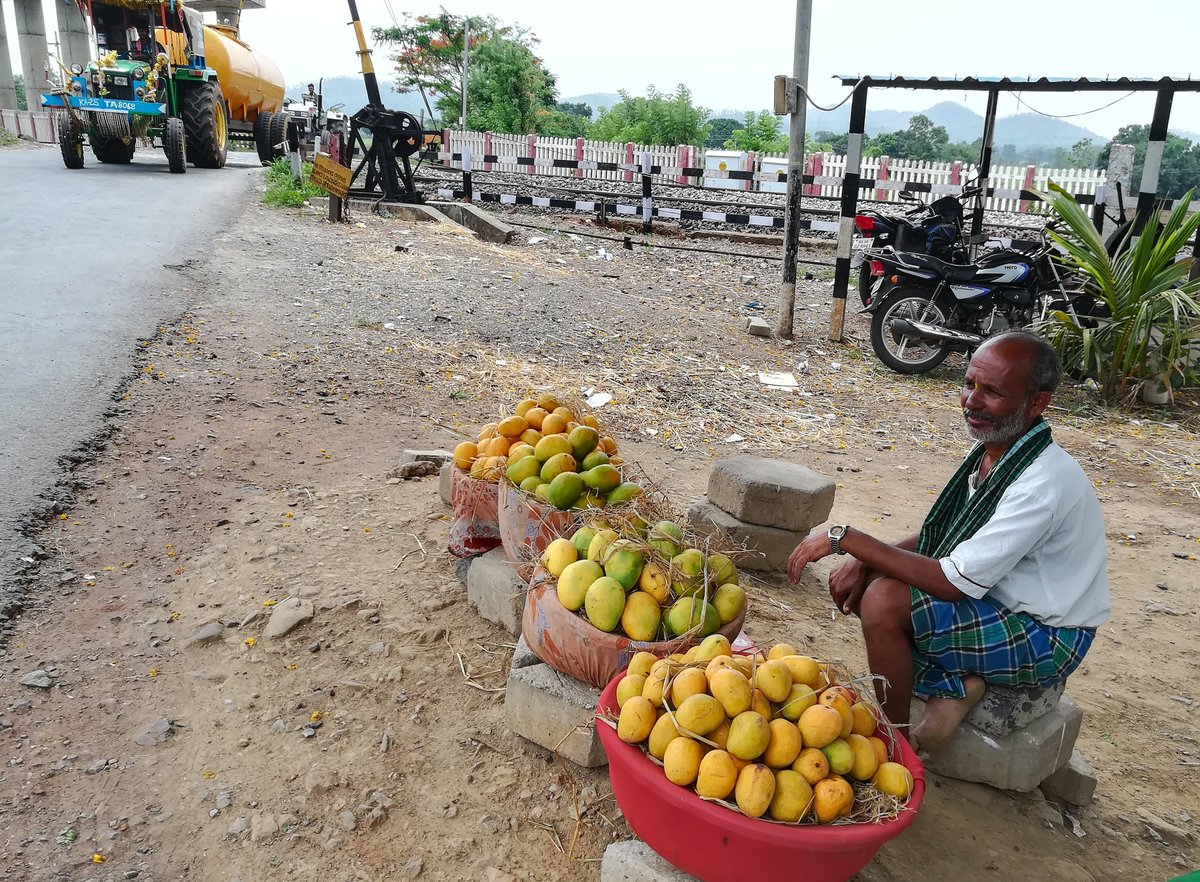1) The quality of the people: are they being the best version of themselves? Or are they mentally agitated?
2) The quality of language being used, to arrive at a democratic decision.
This is a computational way of looking at the process of democracy.
The people themselves, who are participating in a democracy, are understood as manifestations of Purusha (the irreducible conscious experience).
It is only the inadequacy of our computational tools, that require us to use a process like voting.
These democratic processes are an ancient tradition, which stem from the discourse of Rishis (sages).
“Ekam Sat, viprāh bahudhā vadanti”
The “Sat” is one, learned sages call it by multiple names.
From this verse, it is clear that this ideal of democratic debate (Samvāda) can only be practiced by sages.
Most importantly, the participants need to meditate regularly. Then they know clearly how each word is coming out of their mouths.
There has to be regular debates, that are conducted in a refined atmosphere where the participants express the opponent’s point of view by Pūrva Paksha.
This corresponds to a severe corruption in the language of democracy.
But let us ask: is it the best that democracy can be?
No. At its best, democracy can elevate us to Swarga Mandapa, the Sabha of Indra.
(Picture at the start of the thread: Kopeshwar temple)
“Yajñena yajñam ajayanta dēvāh”.
The Dēvas perform Yajña, which is both the process and the goal.
(End of thread)











